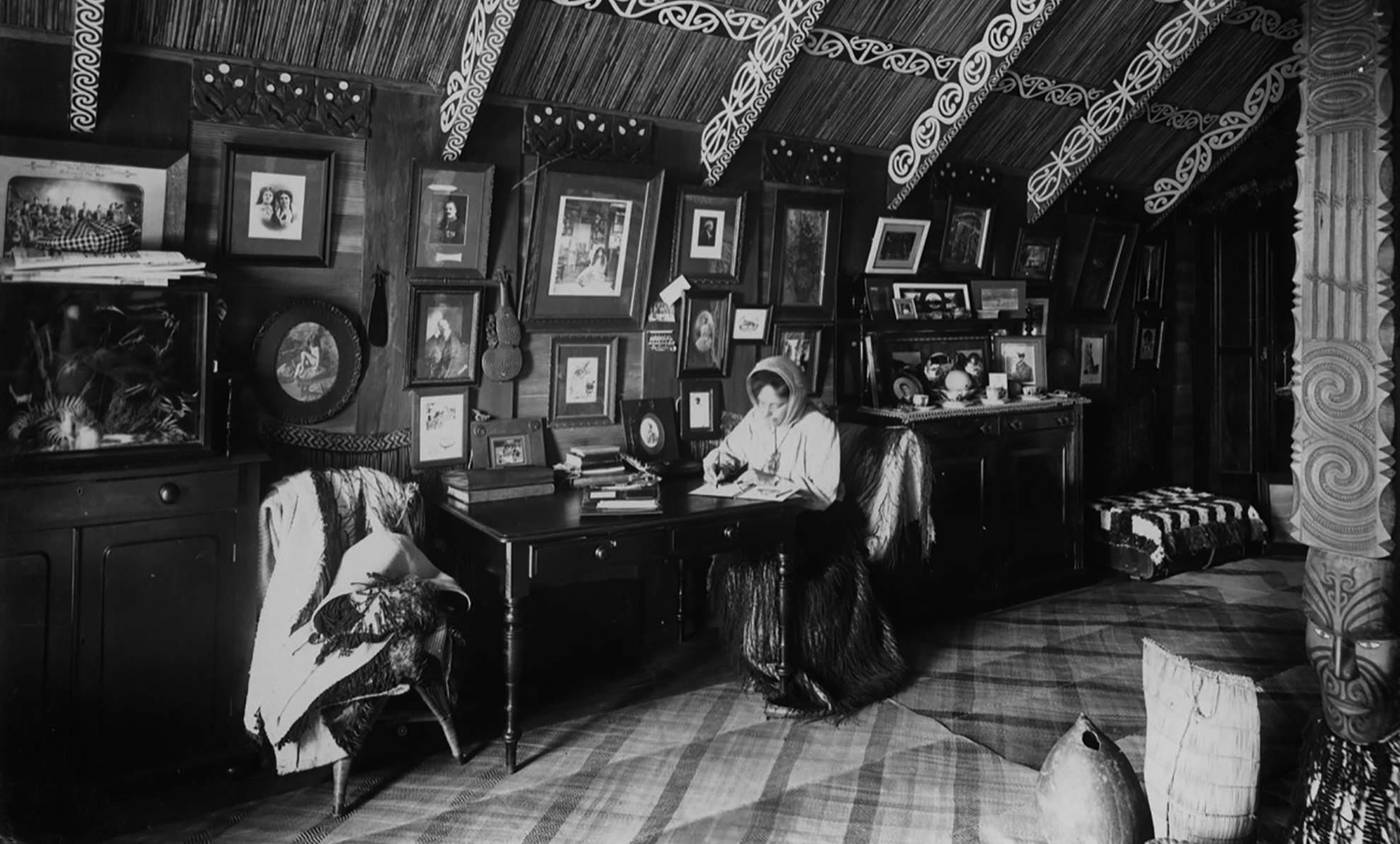Talk by Linda Tuhiwai Smith.
Friday 14 October 2022, 3pm
Venue: Oxford University Museum of Natural History, Lecture Theatre. Entrance via main door on Parks Road, Oxford.
Linda Tuhiwai Smith will deliver the Mākereti Papakura Inaugural Lecture at 3pm on 14 October 2022 in the Oxford University Museum of Natural History Lecture Theatre.
Convened by the School of Anthropology and Museum Ethnography, Pitt Rivers Museum, St Anne’s College, Rhodes Trust and Atlantic Institute.
Limited spaces available. Please arrive early to avoid disappointment.
Distinguished Professor Linda Tuhiwai Smith is currently at Te Whare Wānanga o Awanuiārangi in Aotearoa New Zealand. She is from Ngāti Awa, Ngāti Porou and Tuhourangi iwi (tribes). Distinguished Professor Smith is known for her work on Decolonising research methodologies, Indigenous education and kaupapa Māori. She is also a member of the Waitangi Tribunal. She is a Fellow of the American Education Research Association, a Fellow of the Royal Society of New Zealand and an Honorary International Member of the American Academy of Arts and Sciences. Dist. Professor Smith is a Companion of the New Zealand Order of Merit. Her publications include Decolonising Methodologies: Research and Indigenous Peoples first published by Zed in 1998 and now published in its third edition 2021 by Bloomsbury Books and The International Handbook of Indigenous Education ed. E. McKinley and L.T Smith, Springer.
‘Messy cultural politics: Revitalising Mātauranga Māori (Māori knowledge) while decolonising the knowledge systems that tried to erase it’
In this talk I will explore the messy, sometimes joyous, sometimes profoundly sad and frequently maddening, politics that go with the simultaneous efforts of Māori people to revitalise our knowledge, language and culture and decolonise academic and cultural institutions. I draw from my work on decolonising methodologies in research, researching inter-generational trauma and the impacts of colonialism and colonisation and my involvement over 50 years in multiple educational initiatives to revitalise Māori language, knowledge and culture. In many ways Māori cultural revitalisation strategies demonstrate the messiness of decolonising knowledge.

